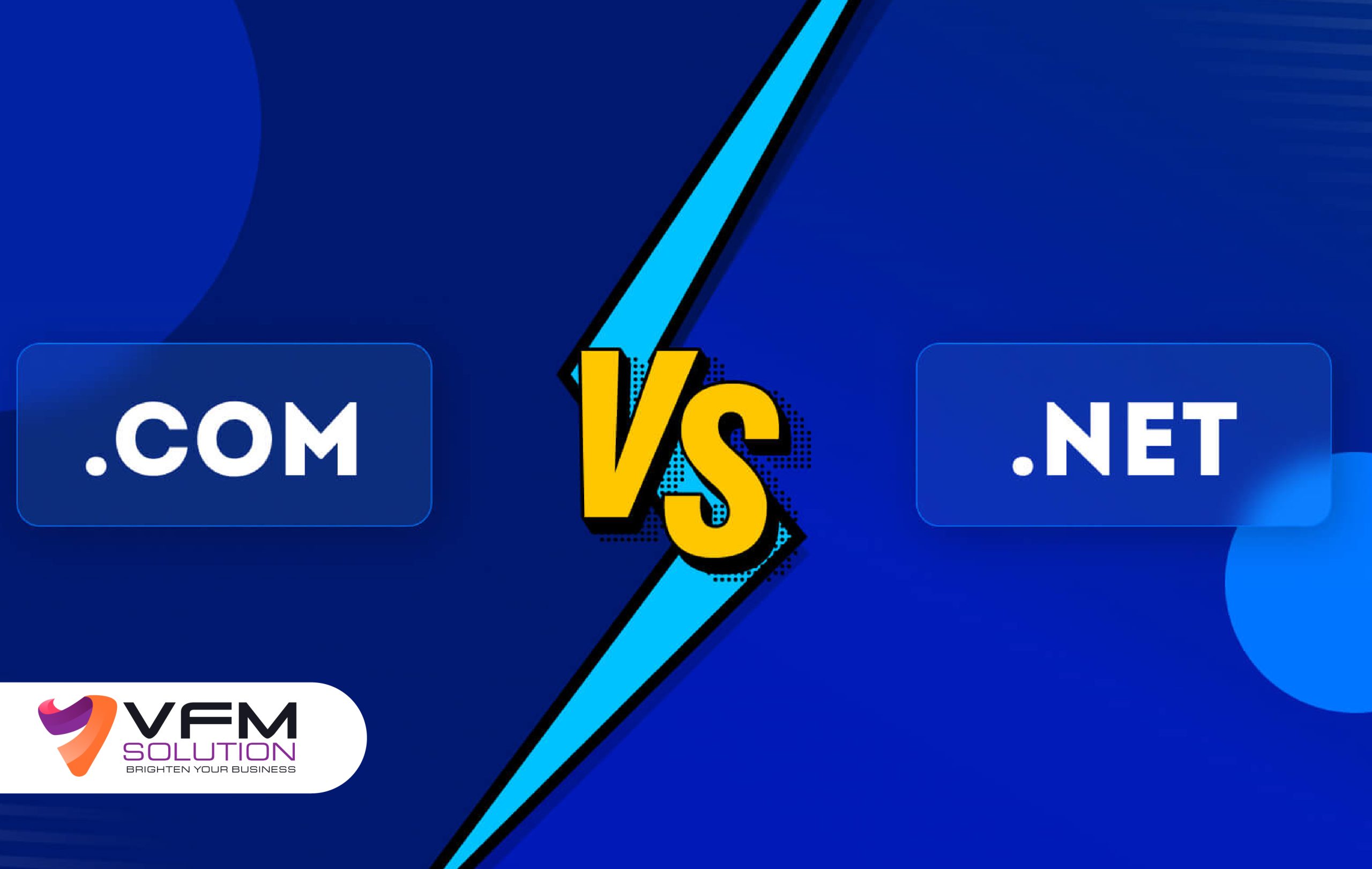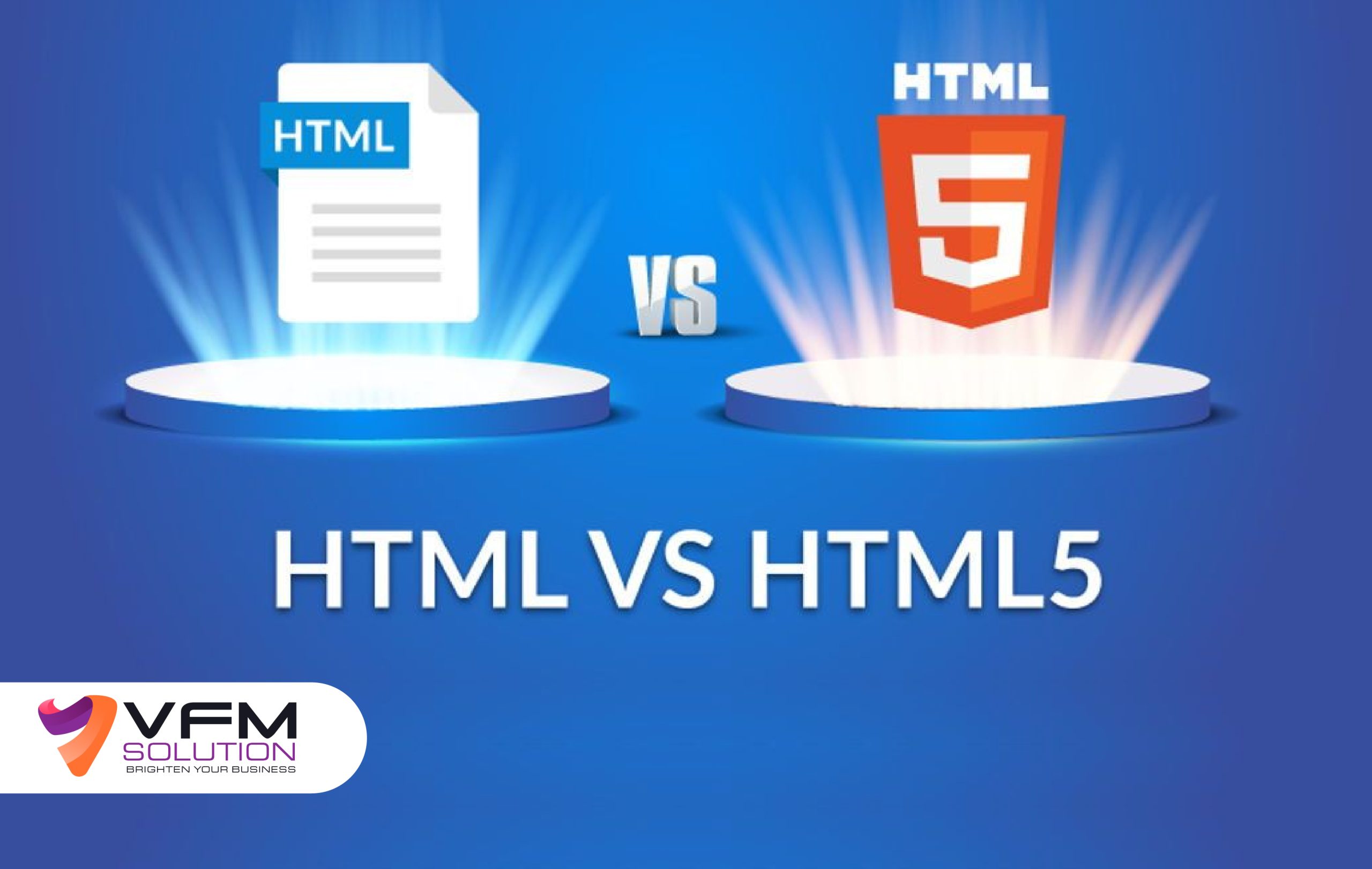Ever wonder about the difference between website domains? For example, one website ends with .com and sometimes with .net, but both work perfectly. So, is it only for style purposes, or do they have any significance? If you have ever thought about it, you have landed on the right page because here is a compiled answer to all the questions regarding these website domains.
.Com Vs .Net: What Are They?
In the internet’s domain name system, .com and .net are (TLDs) top-level domains.
What is a Top-Level Domain (TLD)?
The part of the website name that comes after the dot is the top-level domain (TLD). This domain part explains the kind of organization or the website’s purpose. For example, on Google.com, the “.com” is known as the TLD.

There are some other popular domain name extensions are as follows:
- Commercial and profitable businesses commonly utilize .com.
- .net domain is used for network services like hosting companies and internet service providers.
- The .io domain is used for tech startups.
- .edu domain is used for educational institutes.
- The .gov domain is used for governmental institutes.
- The .org domain is utilized for non-profitable organizations.
- The .me domain is used for personal websites.
Multiple types of domain extensions are used for specific purposes and intended audiences. Selecting the correct domain extension can be very beneficial for your small business.
What is .com?
The most widely and commonly used TLD is .com, basically known for commercial organizations. It is utilized for general promotional purposes, personal branding, and website developmental purposes. It is the most popular extension and the highest value for professional websites.
Pros/Cons of using a .com TLD:

Pros:
- Used widely, entrusted, and recognized by customers globally
- Considered more professional and credible
- Contribute to marketing and branding efforts
Cons:
- Costly to register
- It might be a hassle to find a spot for a domain name
What is .net?
Another very commonly utilized TLD is .net. It is used mainly by Internet service providers, infrastructure-related businesses, and organizations. But now, it is also being used by organizations that are involved in networking. These domains can be used for both personal and professional websites.
This open-source domain can efficiently run on any operating system and device, including mobile, web, and desktop.

Pros/Cons of using a .net TLD:
Pros:
- A little less costly to register
- Easier to find a spot for a domain name
Cons:
- It is less popular among customers comparatively
- Only a small contribution was made to marketing and branding efforts.
Both .net and .com are generic TLDs used worldwide and are not restricted to area or audience. Due to this, they are utilized for several purposes by both organizations and individuals.
.Com Vs .Net: Pricing
For everyone, pricing is essential to consider when buying a domain name. What is an estimated amount to keep for a .com vs. .net domain annually?
.Com Average Costs Per Year
The average annual prices for .com domain extensions can be varied. It relies on the registrar or any discounts or promotions that may be going on. But in general, you can expect the pay rate of a .com domain name to be around 10$ to 30$ annually.
.Net Average Costs Per Year
The usual annual cost of a .net domain is often the same as that of .com, but sometimes, depending on the domain selection, it might cost you a little more than usual. But remember that the prices and discounts vary.
.Com Vs .Net: Domain Name Availability
Availability for .net vs. .com is based on several factors, including how long the domain has been registered and its popularity. Due to their popularity and extended history, .com domain names may be more accessible. Finding a quality .com domain name that is accessible for registration is still feasible.
However, because they are less common, .net domain name extensions might be harder to find. On the other hand, this can also make it simpler to locate a distinctive.net domain name that is open for registration.
Which domain extension is best for SEO?
A top-level domain can necessarily impact the SEO in some ways; here are a few things before making the decision:
- Relevance: Search engines might connect certain TLDs (e.g., .com for commercial, .net for networking) with specific topics, influencing relevance.
- Keywords: TLDs can also show in search queries (e.g., “best .com domain registrars”), impacting click-through rates.
- Branding: TLDs like .com are also shown as more authentic, potentially impacting a site’s visibility and search ranking.
.Com Vs .Net: The Choice Is Yours
In conclusion, .com and .net differ in past usage and customer perception. .com is the typical domain for commercial sites and is also viewed as more authentic. .net was for internet service workers and is usually used by networking-related organizations.
When selecting between them, always reflect upon your goals: .com is perfect for commercial usage and marketing, while .net is ideal for networking organizations or when a .com is unavailable. Apart from domains, you also need a gorgeous website to run your business. Contact us for expert web developers and designers to help you out in that case.




